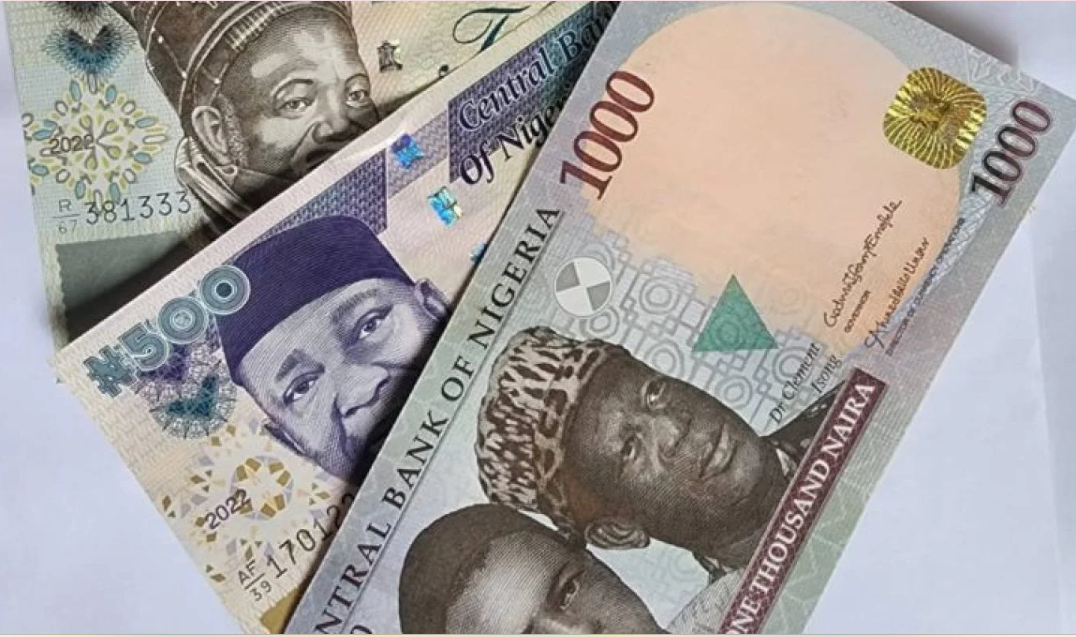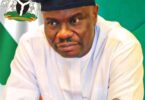The Nigerian Naira has witnessed a significant boost in value, trading at ₦1,550 per dollar in the parallel market as of December 10, 2024. This development marks a notable improvement compared to its previous depreciation earlier in the year. Analysts and economists believe this trend could have positive implications for the economy, including price reductions and potential declines in inflation.
The strengthening of the Naira is attributed to various factors, including increased foreign currency inflows and efforts by the Central Bank of Nigeria (CBN) to stabilize the exchange rate. The CBN recently implemented policies aimed at improving liquidity in the official market, thereby reducing pressure on the parallel market.
Economic experts are optimistic about the ripple effects of this appreciation. Dr. Ayo Kolade, a financial analyst, noted, “If this trend is sustained, we could see a reduction in the cost of imported goods, which might help ease inflationary pressures on consumers.”
However, challenges remain. The gap between the official exchange rate and the parallel market rate persists, highlighting the need for further structural reforms in Nigeria’s foreign exchange policy. Some critics argue that without addressing fundamental issues, such as reliance on oil exports and a lack of diversified revenue streams, the gains may be short-lived.
For Nigerians, the improved exchange rate offers a glimmer of hope amidst economic difficulties. Businesses reliant on imported goods and services may benefit from reduced costs, while consumers could experience lower prices for essential commodities.
As the government continues to push for fiscal reforms and alternative energy investments, the focus remains on maintaining the momentum of this positive economic shift. Whether this marks the beginning of long-term economic stability for Nigeria will depend on sustained policy implementation and external market conditions.








